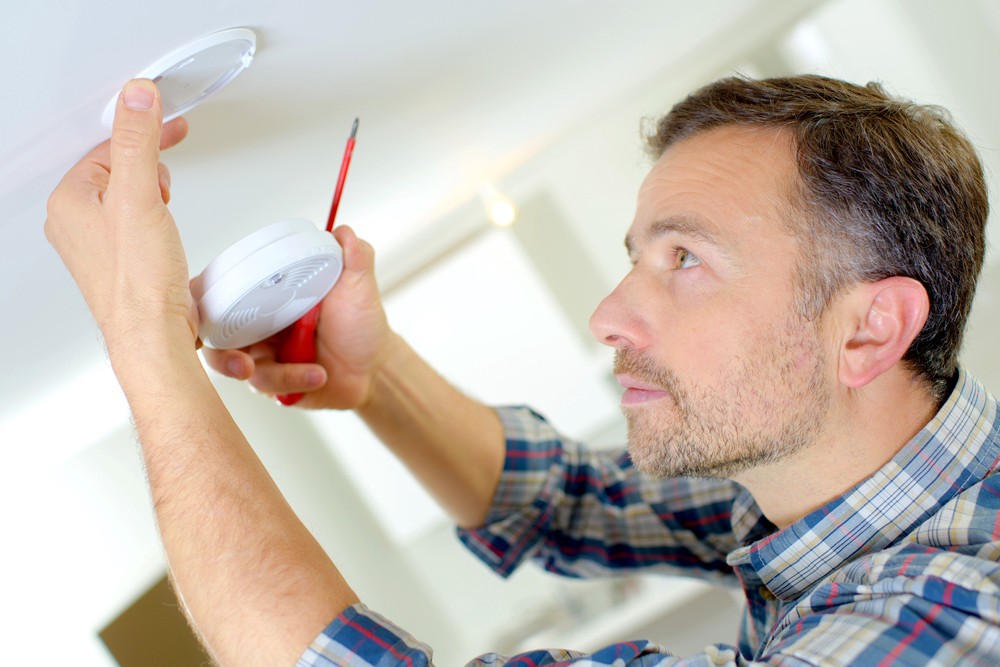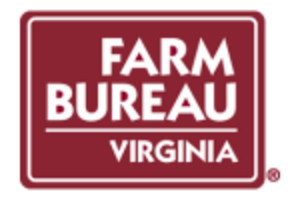
Each year, the last full week in August is recognized as National Safe at Home Week. It might sound like an odd designation, but every year there are thousands of preventable injuries and deaths that occur in the place where we should feel the safest — our homes.
Save Money by Comparing Insurance Quotes
Compare Free Insurance Quotes Instantly
Secured with SHA-256 Encryption
Setting aside some time to go through your home and review what safety features are in place, is time well spent — and may help you to avoid a future homeowners insurance claim. Consider the following list as a starting point, as your family might have additional considerations to factor into your review.
Check fire, radon, and carbon monoxide detectors to make sure they are working and in good condition. Be sure to verify expiration dates on any fire extinguishers.
Review your fire escape plan with your family and if you don’t have one, develop one. Also, if you have a second floor, make sure that there is a way to escape the home if fire blocks the steps.
Make sure that all cleaning products and pesticides are secured and out of the reach of small children.
Locate all remote controls and other devices that use “button” batteries, and make sure that these stay out of reach of children and pets. The increased use of these batteries means they are in toys, “flameless” candles, digital thermometers, and blood glucose meters — take an inventory. It will surprise you how many are in your home. A child or pet can easily swallow these button batteries and cause severe internal damage.
Investigate your home for trip-and-fall hazards. Falls are a leading cause of accidental injury and death. Use ladders safely, keep pathways clear both inside and outside of the house, and make sure that all handrails are secure. Check rugs and carpets, and tack them down if necessary. If you live in a cold climate, during the winter make sure that driveways, sidewalks, and pathways are shoveled and kept clear of ice.
Save Money by Comparing Insurance Quotes
Compare Free Insurance Quotes Instantly
Secured with SHA-256 Encryption
Secure all prescription medications. Prescription drug overdoses have increased dramatically in recent years, so much so that poisonings are a leading cause of accidental death in the United States.
Give kitchens and bathrooms special attention. The potential for injuries in these two areas of the home is significant. Keep fabrics away from heat sources in the kitchen, turn saucepan handles away from the edge of the stove while cooking, and follow manufacturer instructions when using appliances. Clean up water spills on floors immediately, and in both rooms test the GFCI (ground fault circuit interrupter) outlets to make sure they are working properly. Only use rugs that have a non-slip backing on hard floor surfaces.
Reduce or eliminate the use of extension cords. If overloaded, they present a fire hazard, and they can also present a tripping hazard.
Secure large furniture items to the wall with safety brackets or straps. Heavy furniture can tip over and fall on a child or pet, especially if you have a climber.
Accidents can and do happen, but with a plan and a little bit of time, you can reduce the chances of an accident — and a homeowners insurance claim — happening in the place you should feel the most secure — your home.
Make sure to check out Clearsurance's rankings page for the best homeowners insurance in your area and to read reviews from customers.
Save Money by Comparing Insurance Quotes
Compare Free Insurance Quotes Instantly
Secured with SHA-256 Encryption
The content on this site is offered only as a public service to the web community and does not constitute solicitation or provision of legal advice. This site should not be used as a substitute for obtaining legal advice from an insurance company or an attorney licensed or authorized to practice in your jurisdiction. You should always consult a suitably qualified attorney regarding any specific legal problem or matter. The comments and opinions expressed on this site are of the individual author and may not reflect the opinions of the insurance company or any individual attorney.







